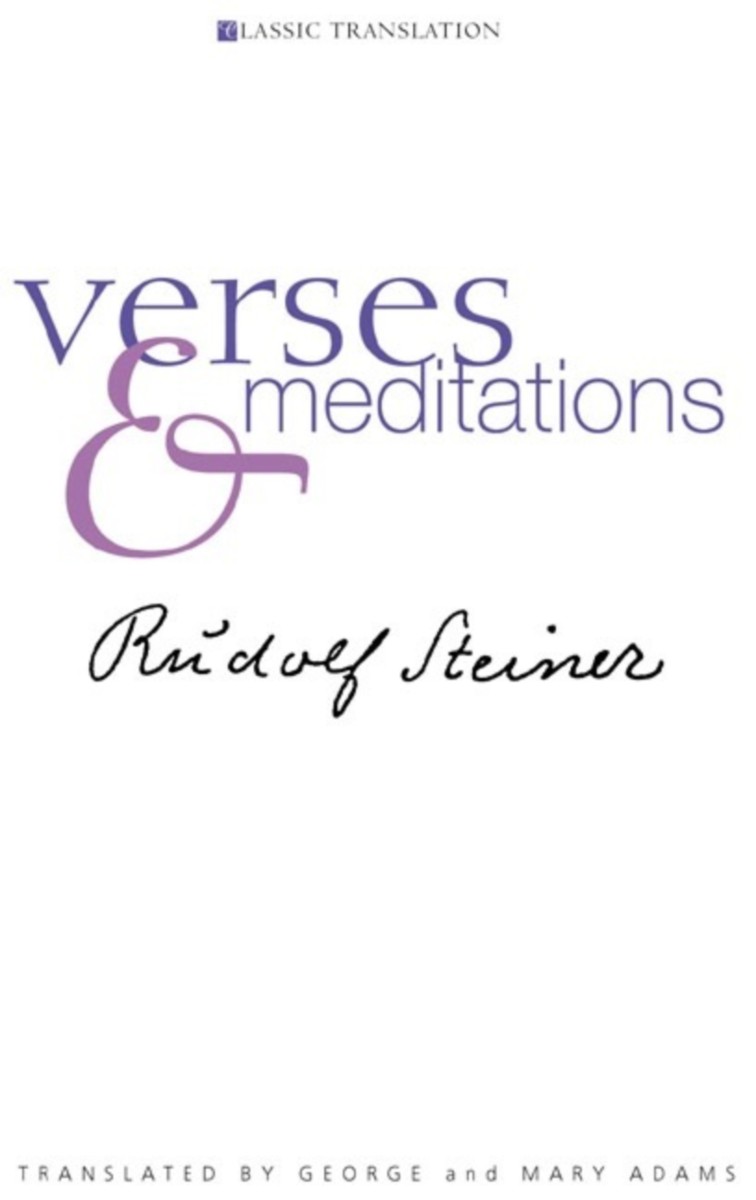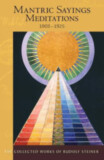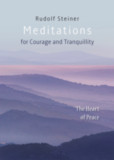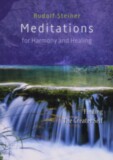Introduction and notes by George Adams
Translated by George Adams and Mary Adams
Revised by Dorothy S. Osmond and Charles Davy
- Publisher
Rudolf Steiner Press - Published
15th November 2004 - ISBN 9781855841970
- Language English
- Pages 256 pp.
Featuring more than ninety of Rudolf Steiner’s best-loved verses and meditations, this volume collects a range of material on various themes, such as working with spiritual beings, connecting with loved ones who have passed over, developing "I"-being, and celebrating festivals and seasons. Countless people have worked with these meditations over the decades and can testify to their power, as well as to the strength and comfort they offer for meditation and contemplation.
Although there are various translations for many of these verses, George and Mary Adams’s renderings can truly be said to be “classic” and are the most widely used in the English-speaking anthroposophic movement. George Adams was Steiner’s personal interpreter whenever he lectured in Britain, and Adams thus developed an intuitive understanding of Steiner’s esoteric work.
Those who know these verses will be delighted that they are available again, while those who approach them for the first time will discover a treasure of wisdom and an abundance of tools for inner transformation.
This edition also features the original German texts where applicable.
Rudolf Steiner
Rudolf Steiner (b. Rudolf Joseph Lorenz Steiner, 1861–1925) was born in the small village of Kraljevec, Austro-Hungarian Empire (now in Croatia), where he grew up. As a young man, he lived in Weimar and Berlin, where he became a well-published scientific, literary, and philosophical scholar, known especially for his work with Goethe’s scientific writings. Steiner termed his spiritual philosophy anthroposophy, meaning “wisdom of the human being.” As an exceptionally developed seer, he based his work on direct knowledge and perception of spiritual dimensions. He initiated a modern, universal “spiritual science” that is accessible to anyone willing to exercise clear and unbiased thinking. From his spiritual investigations, Steiner provided suggestions for the renewal of numerous activities, including education (general and for special needs), agriculture, medicine, economics, architecture, science, philosophy, Christianity, and the arts. There are currently thousands of schools, clinics, farms, and initiatives in other fields that involve practical work based on the principles Steiner developed. His many published works feature his research into the spiritual nature of human beings, the evolution of the world and humanity, and methods for personal development. He wrote some thirty books and delivered more than six thousand lectures throughout much of Europe. In 1924, Steiner founded the General Anthroposophical Society, which today has branches around the world.








